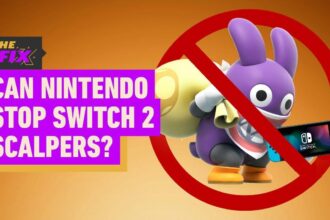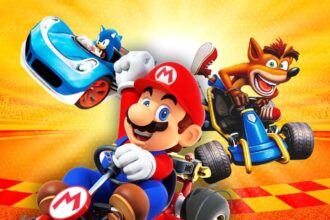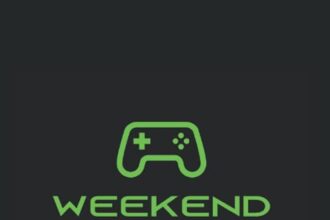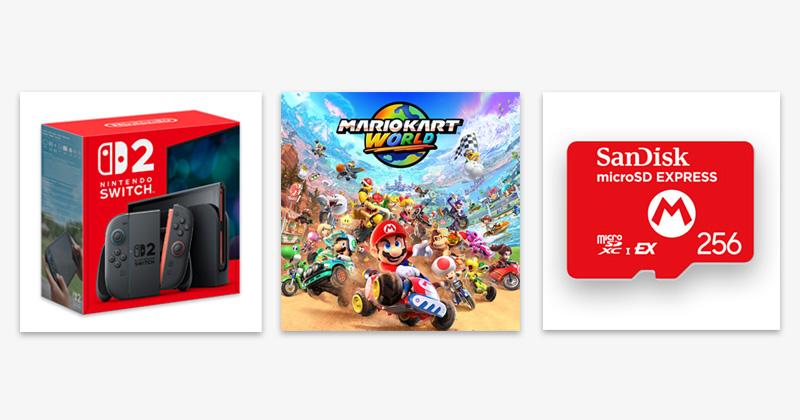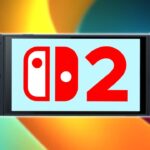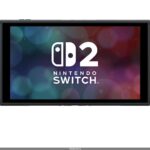Nintendo’s Switch 2 unveil was met with waves of excitement and anticipation, leaving many eager gamers on the edge of their seats. The successor to the wildly successful original Switch was poised to usher in a new era of gaming greatness, boasting upgraded specs, tantalizing titles, and innovative features that promised to elevate the gaming experience. However, as the dust settles on the reveal, a growing sense of unease is beginning to creep in. Under the gleaming surface of next-gen hype, nagging questions and unwelcome surprises are slowly chipping away at the luster of the Switch 2’s grand unveiling. In this article, we’ll delve into the concerns that threaten to temper our initial enthusiasm, and explore whether Nintendo’s latest release will still manage to live up to the lofty expectations of its devoted fan base.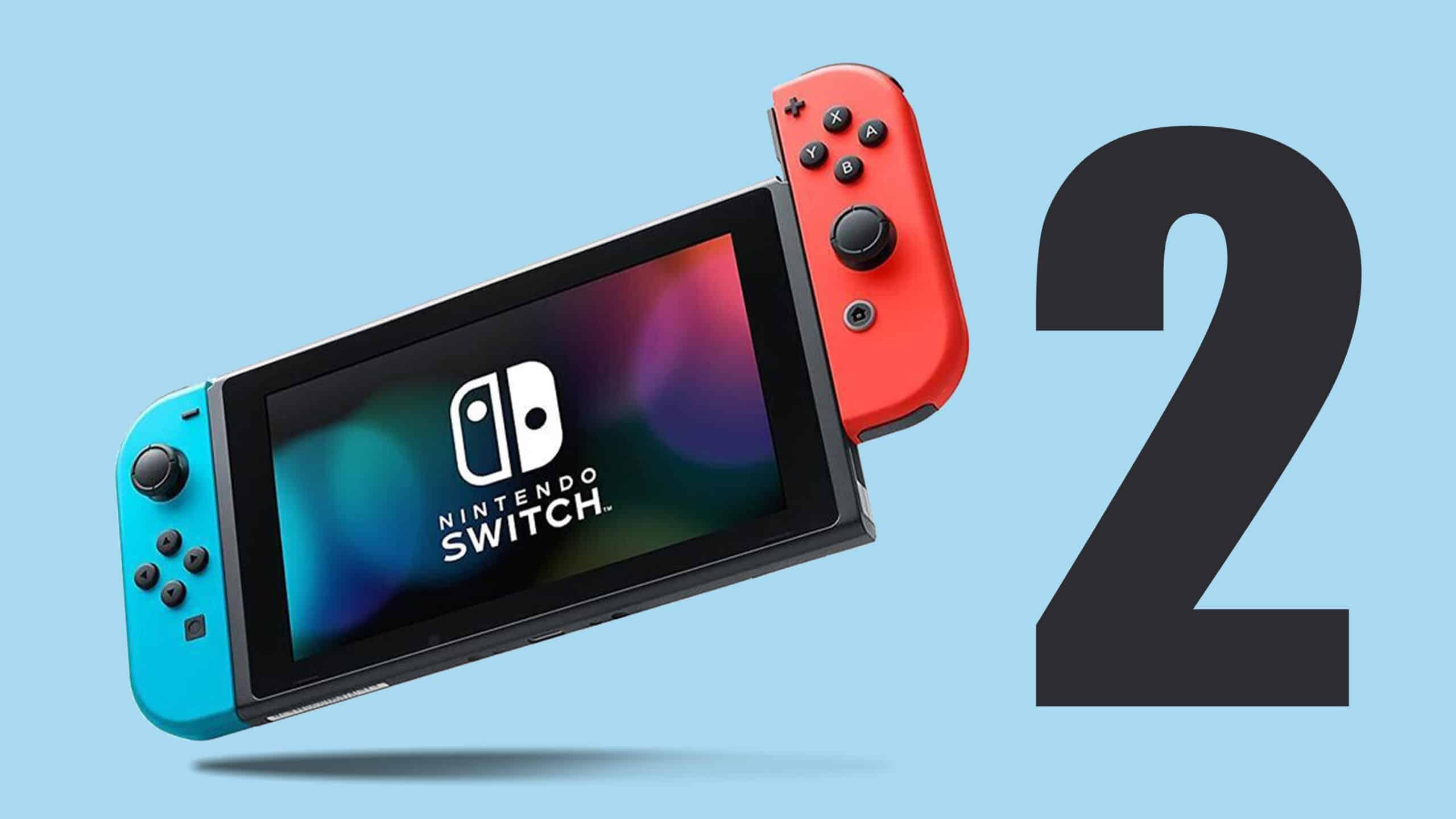
The Switch 2 Reveal Left Us Wanting
Nintendo’s recent Switch 2 reveal has left many fans both excited and perplexed. While some thrilling new features and specs were unveiled, others left a lingering sense of uncertainty and disappointment. A major concern is the lack of significant upgrades to the console’s processing power and GPU capacity, which could hinder its ability to handle more demanding game titles.
Some of the unwelcome surprises and unanswered questions in the Switch 2 reveal include:
- . No significant upgrades to processing power and GPU: Despite the expected increase in performance, this may hinder the console’s ability to keep up with more demanding games.
:’ The lack of backward compatibility means that some older games will not work on the new console. - Controller battery life downgrade The new Switch 2’s controller battery life is rumored to be slightly shorter than that of its predecessor, which may lead to more frequent recharges.
| Compared Features | Switch 2 | Switch OG |
|---|---|---|
| Display Resolution | 720p (base), 1080p (when docked) | 720p (handheld), 1080p (docked) |
| Battery Life (Approx) | 2.5-5 hours | 2.5-6 hours |
| Storage | 64GB (Expandable up to 2TB via microSD) | 32GB (Expandable up to 2TB via microSD) |
This begs the question – can we truly call the Switch 2 an upgraded console if it struggles to run games smoothly? Users also have concerns about the lack of innovation in the device’s display resolution and the battery life, as it remains similar to the original Switch console. Despite these reservations, fans should remember that the Switch 2 still holds potential as an extremely fun handheld experience, and innovative exclusives may emerge as developers experiment with the console’s updated tech.
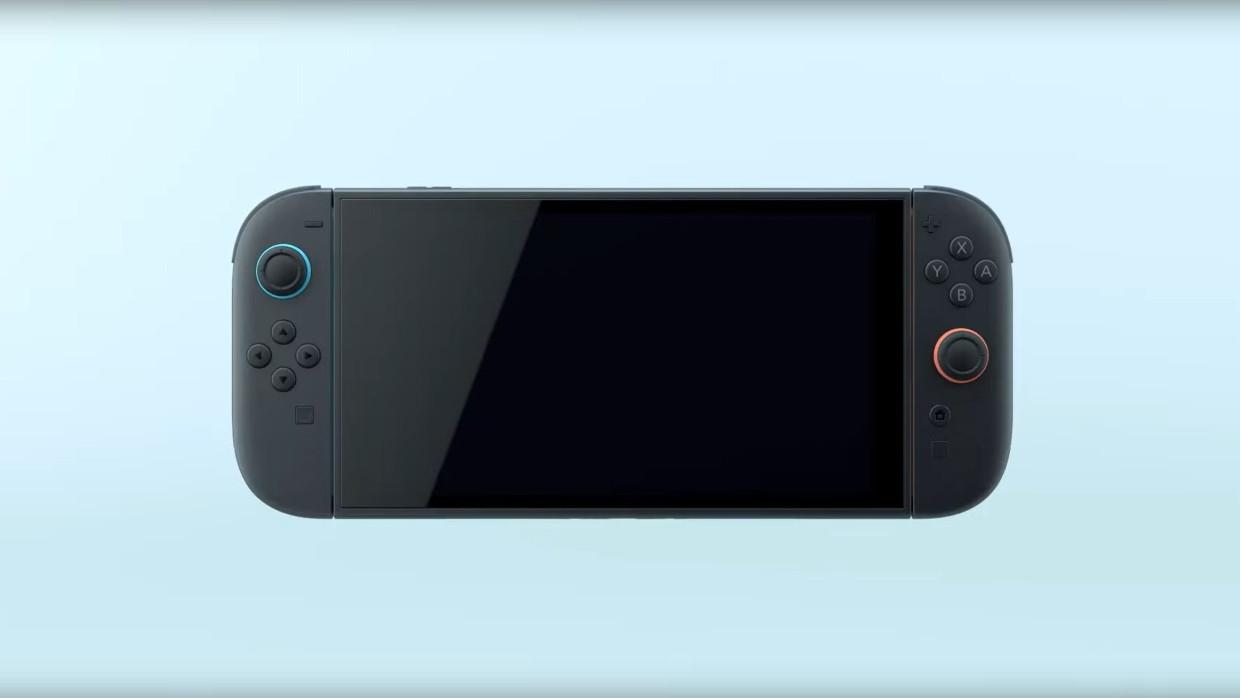
A Promising Start Marred by Confusion
A notable aspect of the Switch 2 reveal was its sleek, revamped design, boasting a more seamless aesthetic and a slew of quality-of-life improvements. This visual redesign seems to be a step in the right direction for Nintendo, particularly with the refined Joy-Con and an enhanced screen. However, there’s a worrying lack of clarity regarding the system’s technical specifications. The company has seen fit to omit crucial details such as the Switch 2’s processing power and storage capacity, leaving some potential buyers with a lingering sense of unease.
The bigger issue lies in the dearth of information about the Switch 2’s backwards compatibility, a feature that should be a staple of any hardware upgrade. Nintendo’s existing catalog is a rich tapestry of beloved games, and players will undoubtedly be keen to know which titles will be easily transferable to the Switch 2.
| Current Switch | Switch 2 Specs (Rumored) | |
|---|---|---|
| Storage | 32GB, Expandable with Micro SD | 128GB (Rumored) |
| Memory | 4GB RAM | 8GB RAM (Rumored) |
| Graphics Processing Unit | NVIDIA Tegra X1 | Unknown |
Despite the glaring omissions, a quick rundown of the rumored specs seems to indicate that significant improvements have been made across the board. But for now, we’re left to speculate.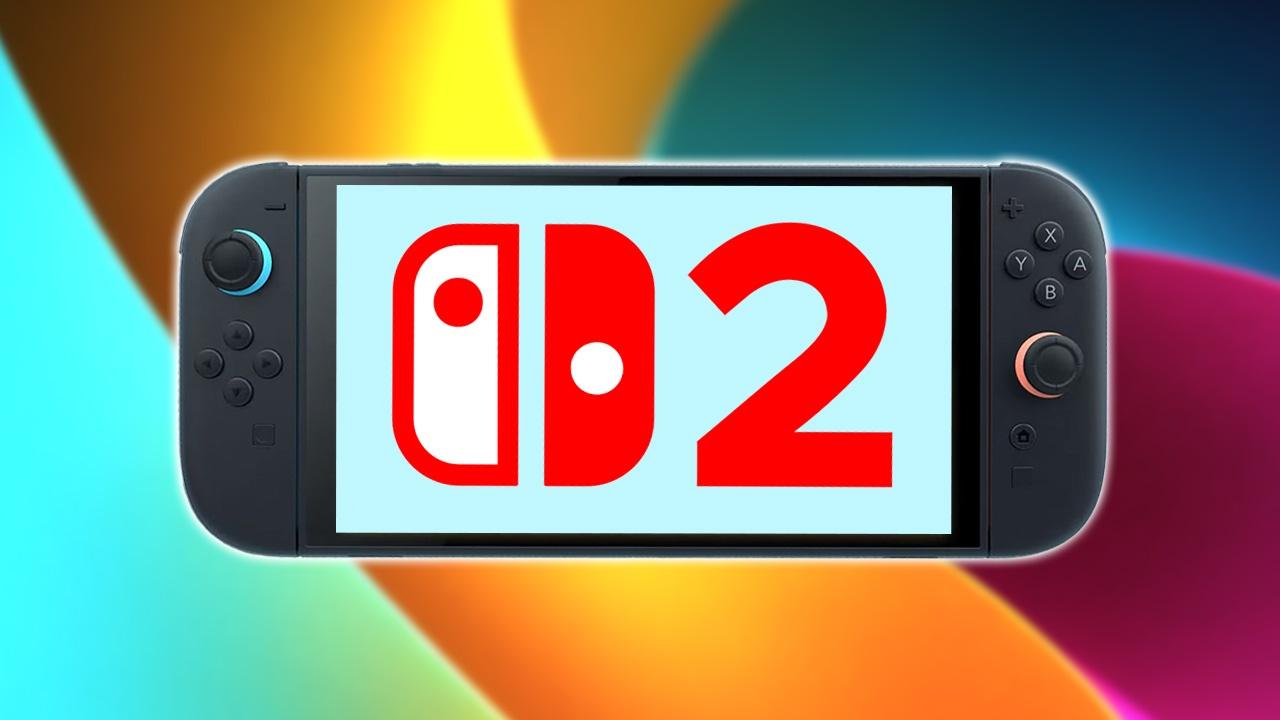
Where Was the Long Awaited First Party Showcase
The Nintendo event was arguably one of the most anticipated events in gaming history, with fans expecting an explosion of exclusive titles alongside the reveal of the Switch 2. However, the showcase left many questions unanswered, including the absence of first-party games developed by renowned studios like Monolith Soft, Game Freak, and Intelligent Systems.
A noteworthy mention goes to a few titles that managed to sneak into the presentation, yet still left fans wanting more. A short table highlighting some of the underwhelming announcements looks like this:
| Game Title | Release Window | Developer |
|---|---|---|
| Pikmin 4 | This Summer | Nintendo EAD |
| The Legend of Zelda: Tears of the Kingdom DLC | Late 2024 | Nintendo EPD |
| Xenoblade Chronicles 3: Future Redeemed | This Fall | Monolith Soft |
While these announcements aren’t completely unwanted, they only stirred up more questions about the remaining lineup of anticipated titles. Furthermore, there were numerous concerns raised, such as:
- How will the Switch 2 balance between exclusive titles and cross-platform compatibility?
- Are we to expect more indie titles, rather than AAA exclusives?
- Will a price drop on the existing Switch and Switch OLED models make buying the latest hardware worthwhile?
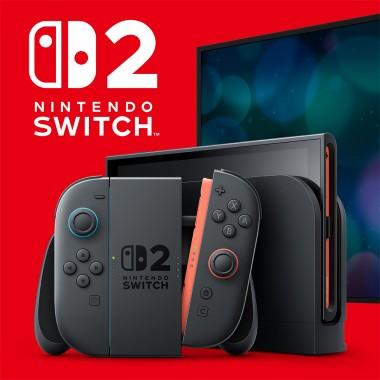
The Price Point Problem Starts to Surface
The excitement is beginning to wear off, and reality is setting in – the Switch 2 price tag might be the elephant in the room that no one wants to address. With an estimated 20-30% increase over its predecessor, the Switch 2 starts at $350-$400, putting it in a precarious position in the gaming market. Given the rather underwhelming updates to its hardware, some users might find themselves wondering if the price hike is truly justified.
So, where exactly does the Switch 2’s pricing strategy go awry?
- It starts to encroach on Xbox Series S and PS4 territory, both of which boast far more impressive hardware specs and robust feature sets.
- A growing number of users might view the Switch 2 as an incremental upgrade rather than a revolutionary new console, making the cost of entry harder to swallow.
- Fiscal conservative gamers might be put off by the nearly $100-$150 premium over the current Switch model, dampening potential interest in upgrading.
| Device | Current Price | Potential Price Disparity |
| Xbox Series S | $249 | $100-$150 |
| PS4 Slim | $299 | $51-$101 |
| Current Switch Model | $249 | $100-$150 |
Where do you stand on the Switch 2’s pricing strategy?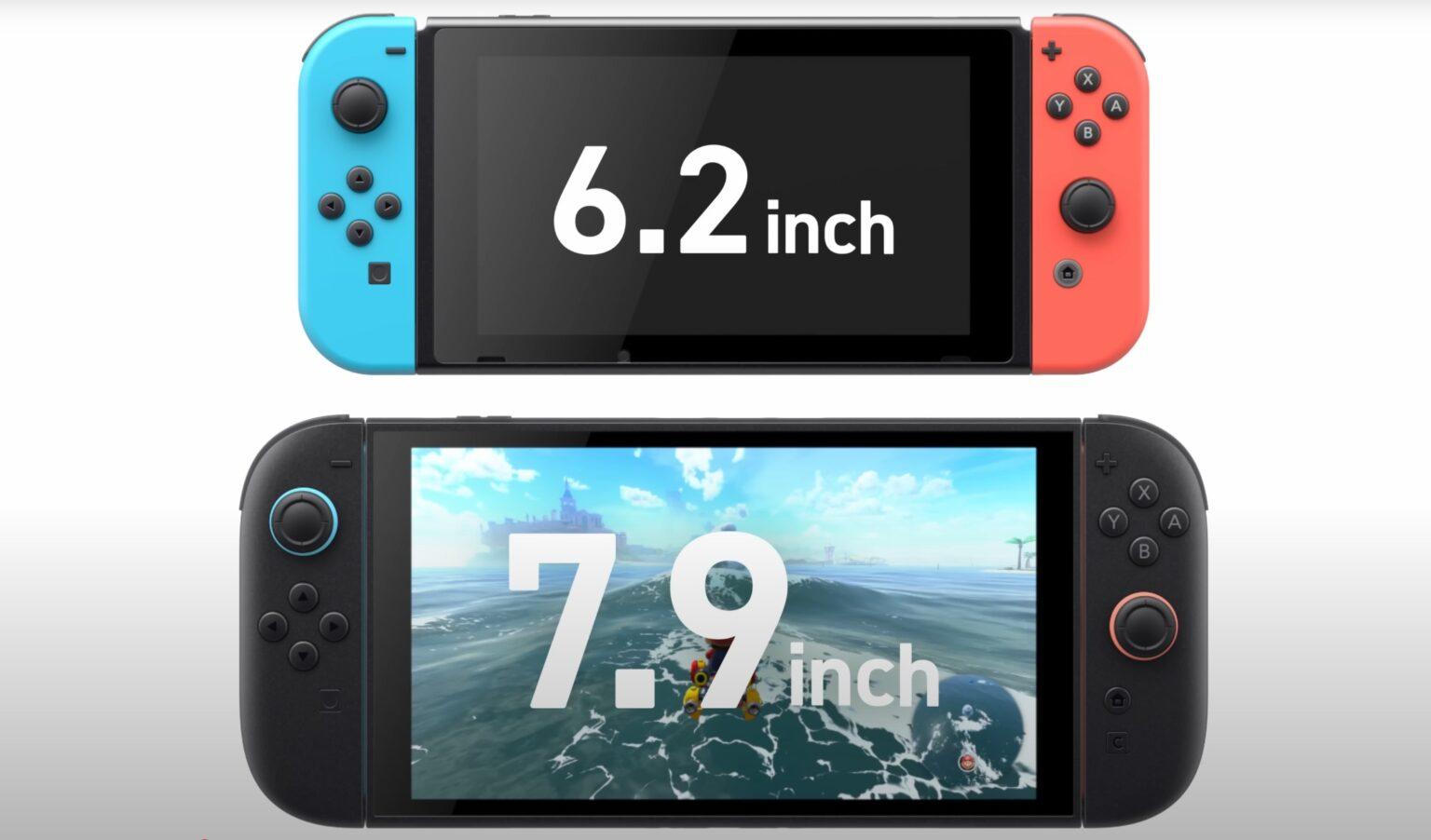
Concerns Over Backwards Compatibility Continue
Though excitement for the Switch 2 remains, it’s impossible to ignore some of the looming concerns that overshadow the initial thrill of the announcement. One of the most pressing issues at hand is the potential limitations of backwards compatibility on the new console. This should not come as a surprise, given Nintendo’s history of playing it tight-lipped when it comes to carrying over backwards compatibility for games across console generations.
Given the following list of possible examples that cause concern about backwards compatibility:
- Will third-party developers be required to rebuild their games from scratch in order to make them work on the new Switch 2 machine?
- Are there long-term plans to replace the existing eShop on older consoles in favor of an entirely new system that may not support older titles?
- What steps, if any, will be taken to preserve the existing games libraries of loyal Switch owners who upgrade to the Switch 2?
| Game Title | Concerns about backwards compatibility: |
| The Legend of Zelda: Breath of the Wild | With the existence of an, as yet unannounced, Enhanced or Definitive edition, questions abound regarding the need for a new version in order for it to be available on the Switch 2. |
| Overcooked 2 | No official word has been provided as regards the game’s compatibility with the Switch 2 and whether all downloadable content would still be available. |
Will Online Service Upgrades Be Enough
The Nintendo Switch 2 is expected to have several online service upgrades, including improved voice chat capabilities and enhanced cloud gaming support. However, these upgrades might not be enough to alleviate some of the concerns surrounding the console’s online service. For instance:
Still no major overhaul: The Switch 2’s online service still seems to be missing a major overhaul, particularly in terms of its user interface and overall user experience.
Lack of third-party app integration: There is still limited integration with popular third-party apps, such as Netflix, which might be a major drawback for some users.
* Questionable value for money: The cost of the Switch 2’s online service might not be justifiable for some users, particularly those who don’t play online multiplayer games regularly.
| Feature | Switch 2 | Competitors |
|---|---|---|
| Voice Chat Capabilities | Improved | Standard Feature |
| Cloud Gaming Support | Enhanced | |
| Third-Party App Integration | Limited |
Missing the Mark on Expected Hardware Upgrades
While the Switch 2 has certainly stepped up its display game, with a beautiful new 7-inch OLED screen offering a 144Hz refresh rate, some fans are left wondering why more attention wasn’t paid to its processing power. The touted NVIDIA Tegra X1+ chip is a far cry from current-gen console hardware, leading many to question whether the system’s capabilities will truly measure up against the PlayStation 5 and Xbox Series X in the long run.
In a comparison of each console’s technical specs, it’s clear that the Switch 2 falls short in several key areas, as shown below:
| Console | CPU | GPU | RAM |
|---|---|---|---|
| Switch 2 | NVIDIA Tegra X1+ | 256 CUDA Cores | 4GB DDR4 |
| PlayStation 5 | AMD Zen 2 | 36 Compute Units | 16GB DDR6 |
| Xbox Series X | AMD Zen 2 | 40 Compute Units | 16GB DDR6 |
Key concerns surrounding the Switch 2’s hardware include its relatively meager RAM, lack of ray tracing capabilities, and the continued reliance on a low-powered CPU. On the other hand, users will be hoping the new console’s custom Nvidia hardware can still provide efficient performance and help set it apart from competitors in terms of battery life and on-the-go playability. Unfortunately, only time will tell if the Switch 2 has done enough to future-proof itself against the tech giants of the gaming world.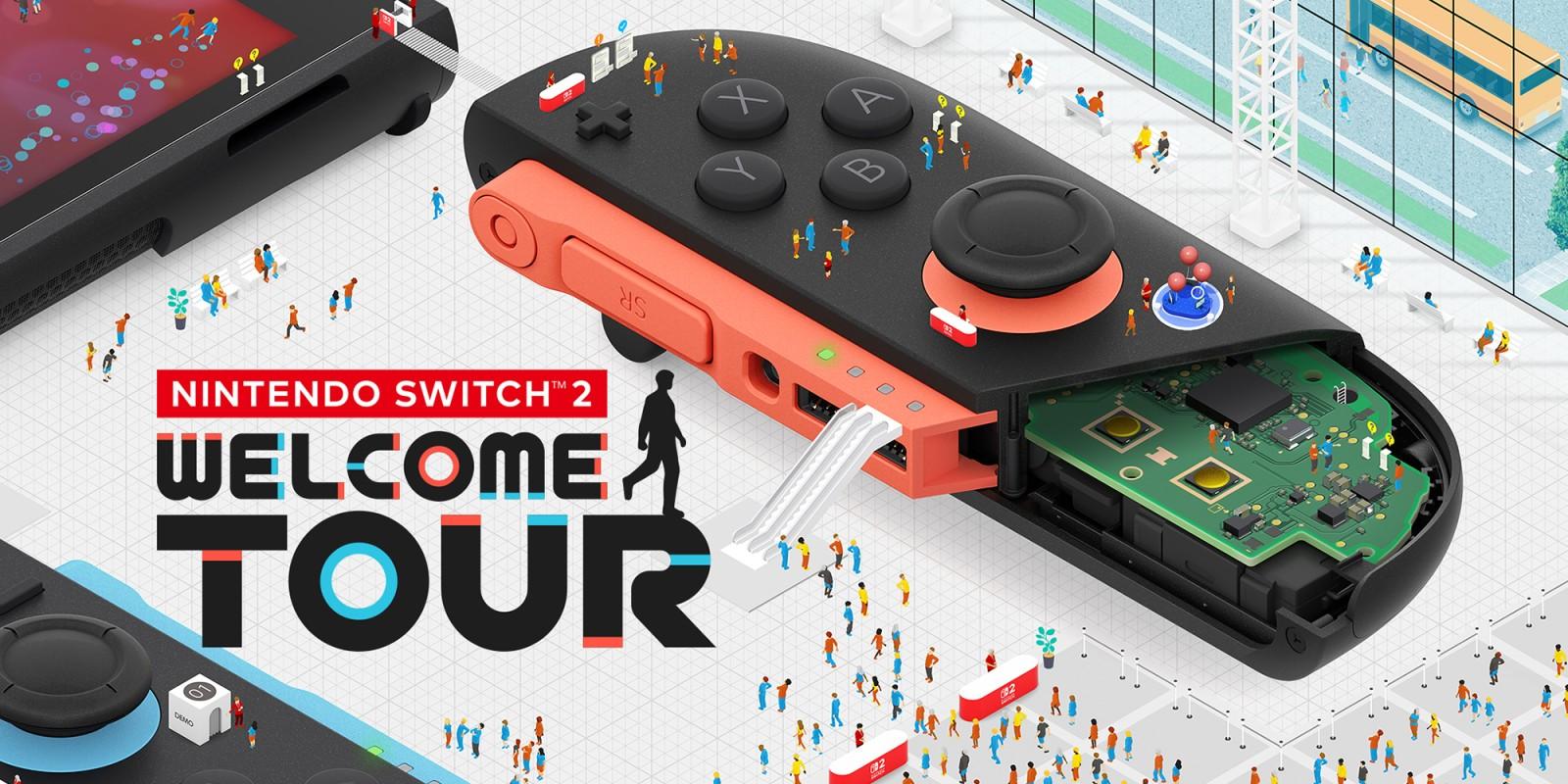
Nintendo Falling Behind in the Tech Department
As the gaming industry continues to evolve, Nintendo’s technological prowess has been put into question. While the Switch has been a commercial success, its hardware capabilities are beginning to show their age. The release of next-generation consoles from both Sony and Microsoft has raised the bar, making Nintendo’s position in the tech department increasingly precarious.
Nintendo’s insistence on using a custom NVIDIA Tegra chip, while offering improved performance, still lags behind competitors. Key areas such as resolution, frame rates, and graphics processing are where the Switch trails behind. Some of the notable comparisons include:
| Console | Resolution | Frame Rate | Graphics Processing |
|---|---|---|---|
| PS5 | Up to 8K | Up to 120 FPS | AMD Radeon Navi |
| Xbox Series X | Up to 8K | Up to 120 FPS | AMD Radeon RDNA 2 |
| Nintendo Switch 2 | Up to 4K | Up to 60 FPS | Custom NVIDIA Tegra chip |
Furthermore, online services, voice chat, and storage solutions are areas where Nintendo also falls short, including:
- Outdated online service features compared to competitors
- Limited voice chat capabilities
- Relatively small internal storage capacity
In Summary
As the curtains close on the Switch 2 reveal, we’re left with a mix of emotions – the thrill of new possibilities, the excitement of unexplored worlds, and the faint whisper of uncertainty. While the promise of a next-generation gaming experience beckons, the ghosts of unanswered questions and unwelcome surprises linger, refusing to be exorcised. The verdict is still out – will the Switch 2 be the revolutionary console we’ve been waiting for, or just a incremental step forward? Only time will tell, but one thing’s for certain – the conversation has only just begun, and we can’t wait to see where it takes us.

